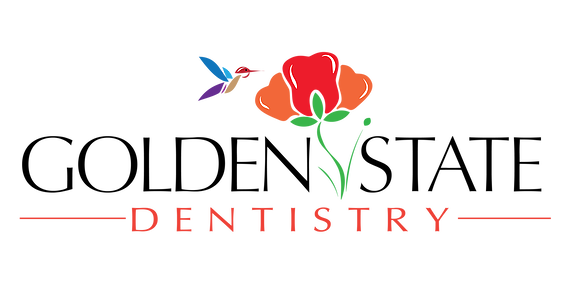 While drinking alcohol in moderation (maximum of one drink a day for women and two drinks a day for men) likely won't have a big negative effect on your teeth, it is important to know the risks associated with it. Individuals who suffer from alcohol abuse have higher plaque levels and an increased risk of periodontal disease, tooth decay, tooth loss, and mouth sores. Furthermore, alcohol abuse increases your chances of oral cancer. Here are the three ways that alcohol harms your teeth.
While drinking alcohol in moderation (maximum of one drink a day for women and two drinks a day for men) likely won't have a big negative effect on your teeth, it is important to know the risks associated with it. Individuals who suffer from alcohol abuse have higher plaque levels and an increased risk of periodontal disease, tooth decay, tooth loss, and mouth sores. Furthermore, alcohol abuse increases your chances of oral cancer. Here are the three ways that alcohol harms your teeth.
1. Sugar Content
Bacteria in your mouth feeds on sugar, so sipping on sugary drinks, like alcohol, helps the bacteria thrive. This bacteria creates acids that eat away at your teeth, weaken the enamel, and cause tooth decay. If you do decide to have a drink, it is always better to choose alcohol with less sugar, such as dry wine (e.g. Sauvingnon Blanc over Moscato).
2. Dehydration/Dry Mouth
Alcohol dries out the mouth and, when saliva flow is reduced, the risk for tooth decay and gum disease increases. This is because saliva plays an important role in oral health, helping wash away bacteria. When you have dry mouth or are dehydrated, bacteria clings to the enamel and increases your risk of tooth decay. Furthermore, dry mouth can cause embarrassing bad breath. If you are having a few drinks, make sure to pair each drink with a glass of water to replenish the saliva. Also, chewing on sugar-free gum can help increase saliva flow.
3. Teeth Staining
Alcoholic beverages with deep hues like sangria and red wine can turn your teeth red and cause long-lasting discoloration. You can keep any discoloration under control by munching on food while you drink and chewing sugar-free gum after drinking alcohol to bring your saliva levels back to normal.
Properly brushing and flossing your teeth, as well as getting professional dental cleanings and checkups every 6 months, can help reduce the risk of alcohol-related dental problems. If you have damaged teeth due to heavy drinking, call us at (925) 705-7093 to learn about our restorative services.

.jpg?width=712&name=GSD-Scalloped-Tongue-Causes-and-Treatment-Blog-01.27.2210.21.21%20(1).jpg)











.jpeg?width=425&name=GSD-How-to-Combat-Dental-Plaque-07.22.24-2%20(1).jpeg)



